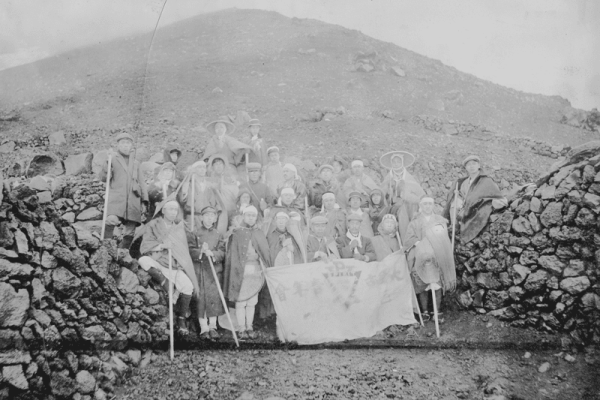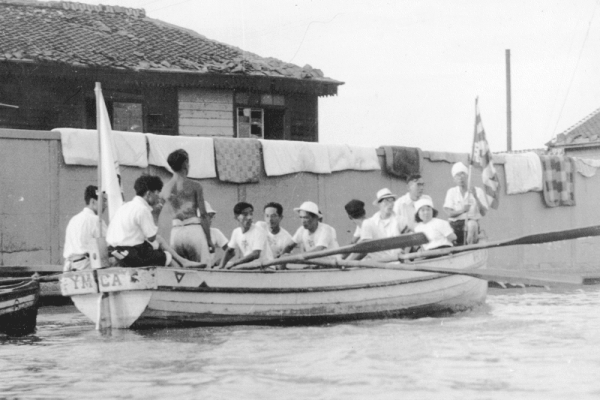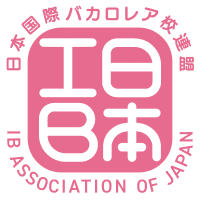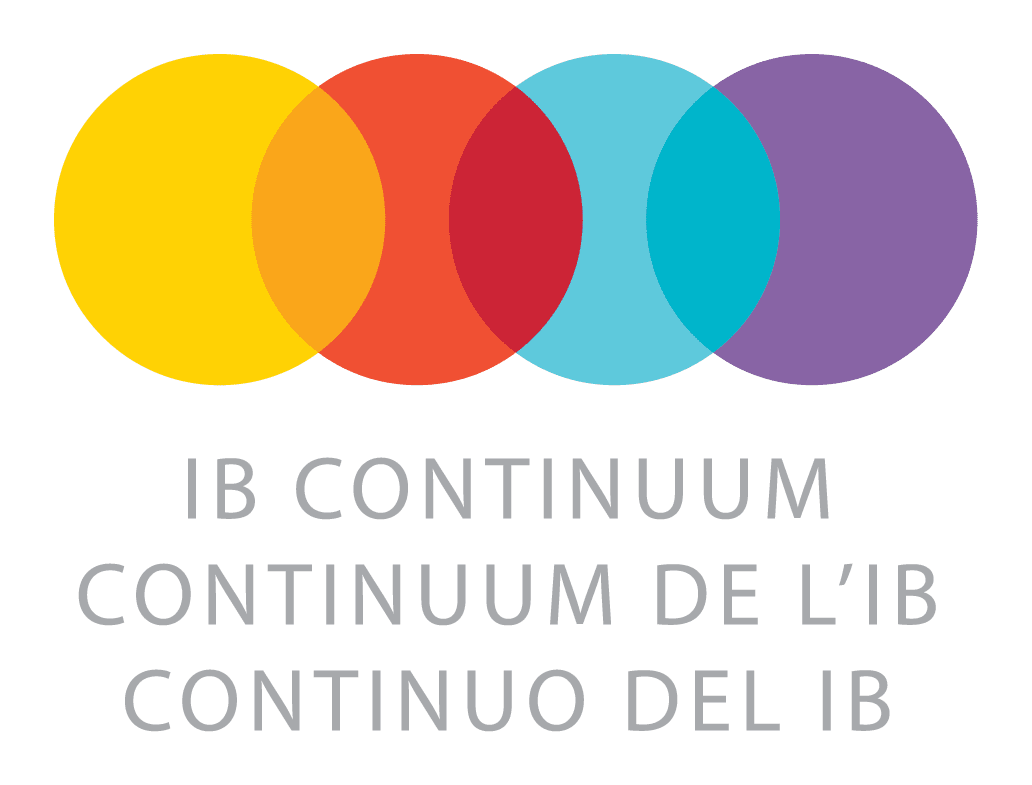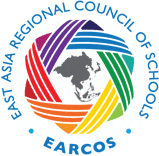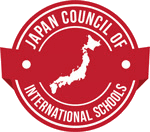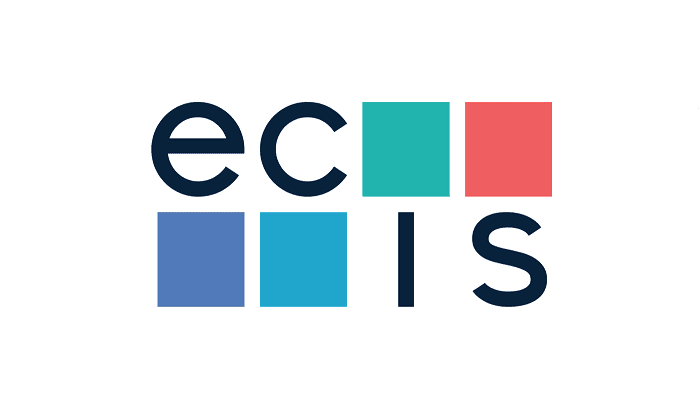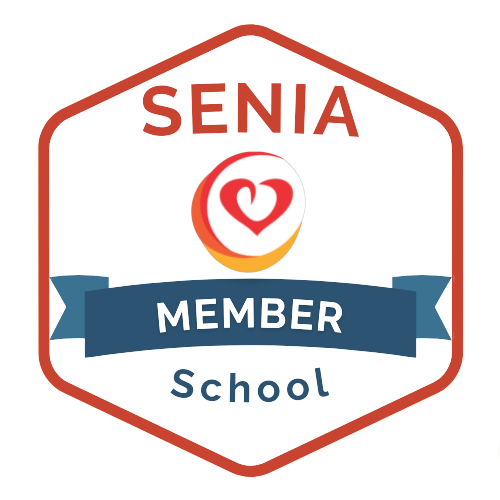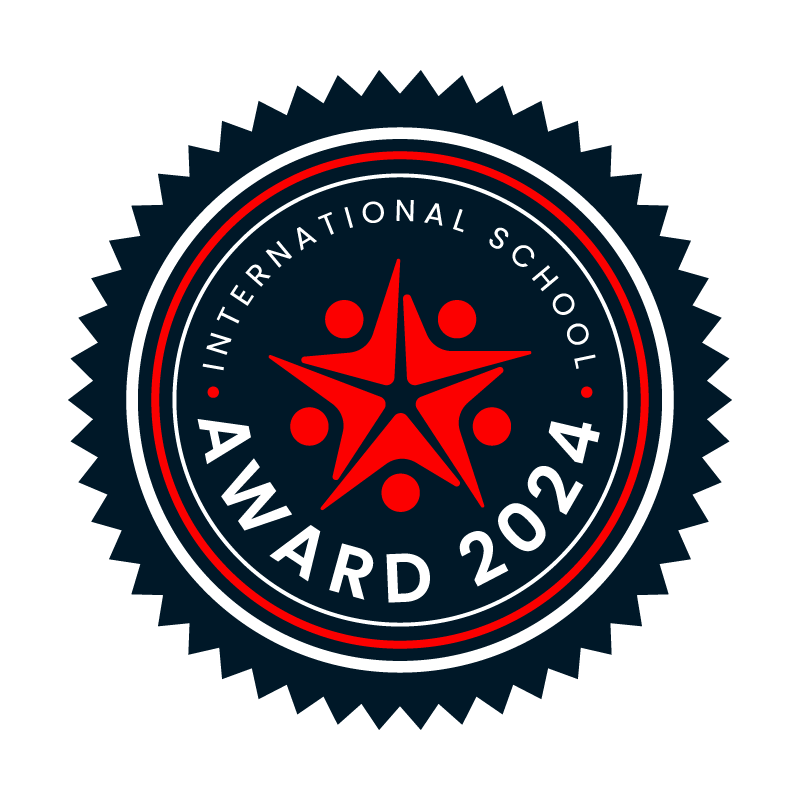Our Mission
We are committed to empowering our students to become independent and globally-minded. We will create an engaging learning environment by providing educational excellence through global mindedness and the core YMCA values of building a healthy spirit, mind, and body.
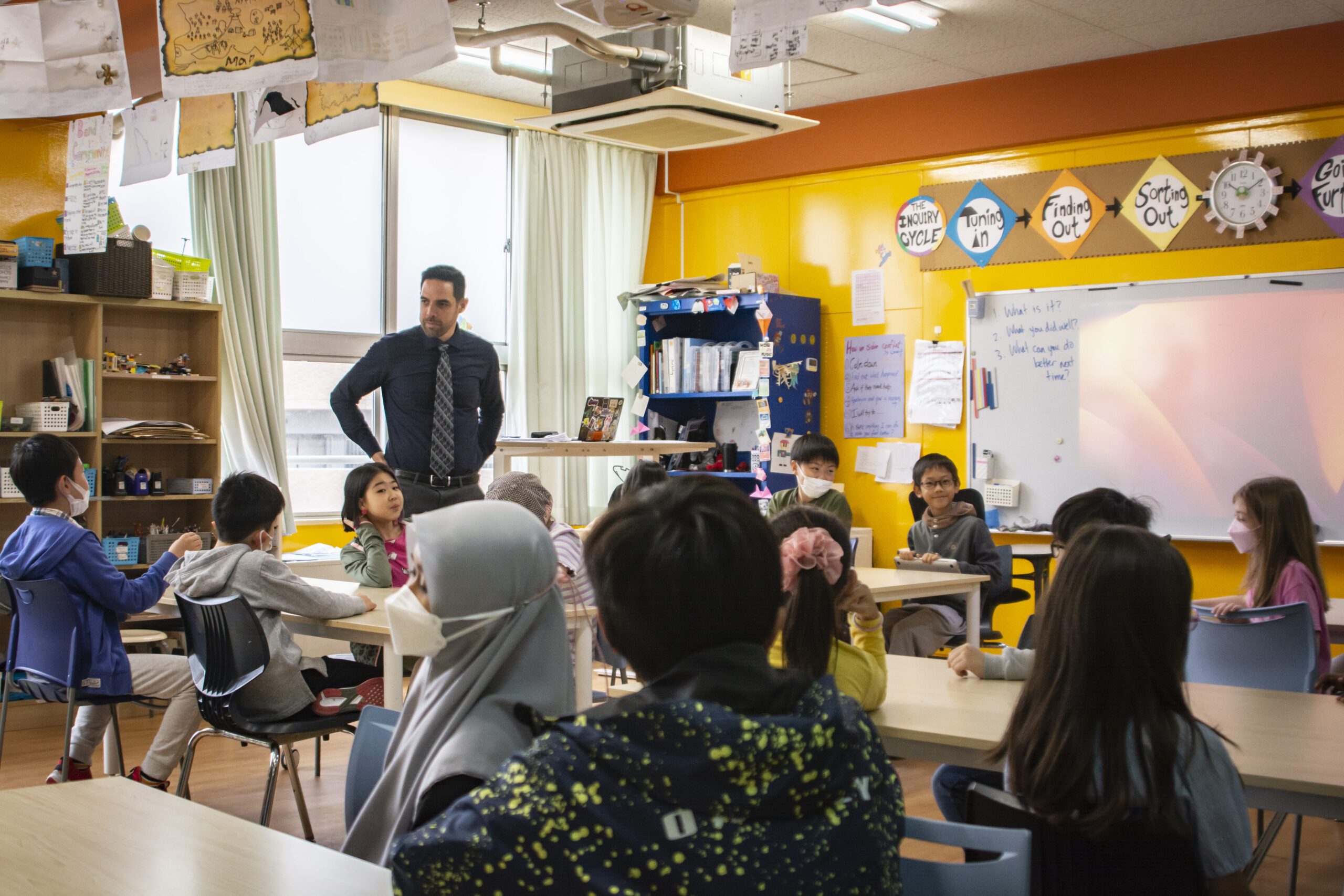
Our Vision

At Osaka YMCA International School, students actively develop knowledge, skills and international mindedness through student-centered, inquiry-based education. Our programs are designed to empower students to achieve personal success while compassionately contributing to their local communities and a more peaceful world.
Our Mission in Action
YMCA History
Over 125 years of history in Osaka
The first Japanese YMCA was established in Tokyo in 1880, followed by the establishment of the local YMCAs throughout Japan, including Osaka in 1882.
The Osaka YMCA has always worked with the people in communities of need, especially the elderly, young people, and those suffering from poverty. The Y has also been involved in crisis response, such as assisting during and after fires, floods, earthquakes, and even during worldwide pandemics.
Members of the YMCA seek to develop their individual capacities to the fullest. They work together as a global movement that aspires to build healthy and strong communities that can peacefully coexist.

